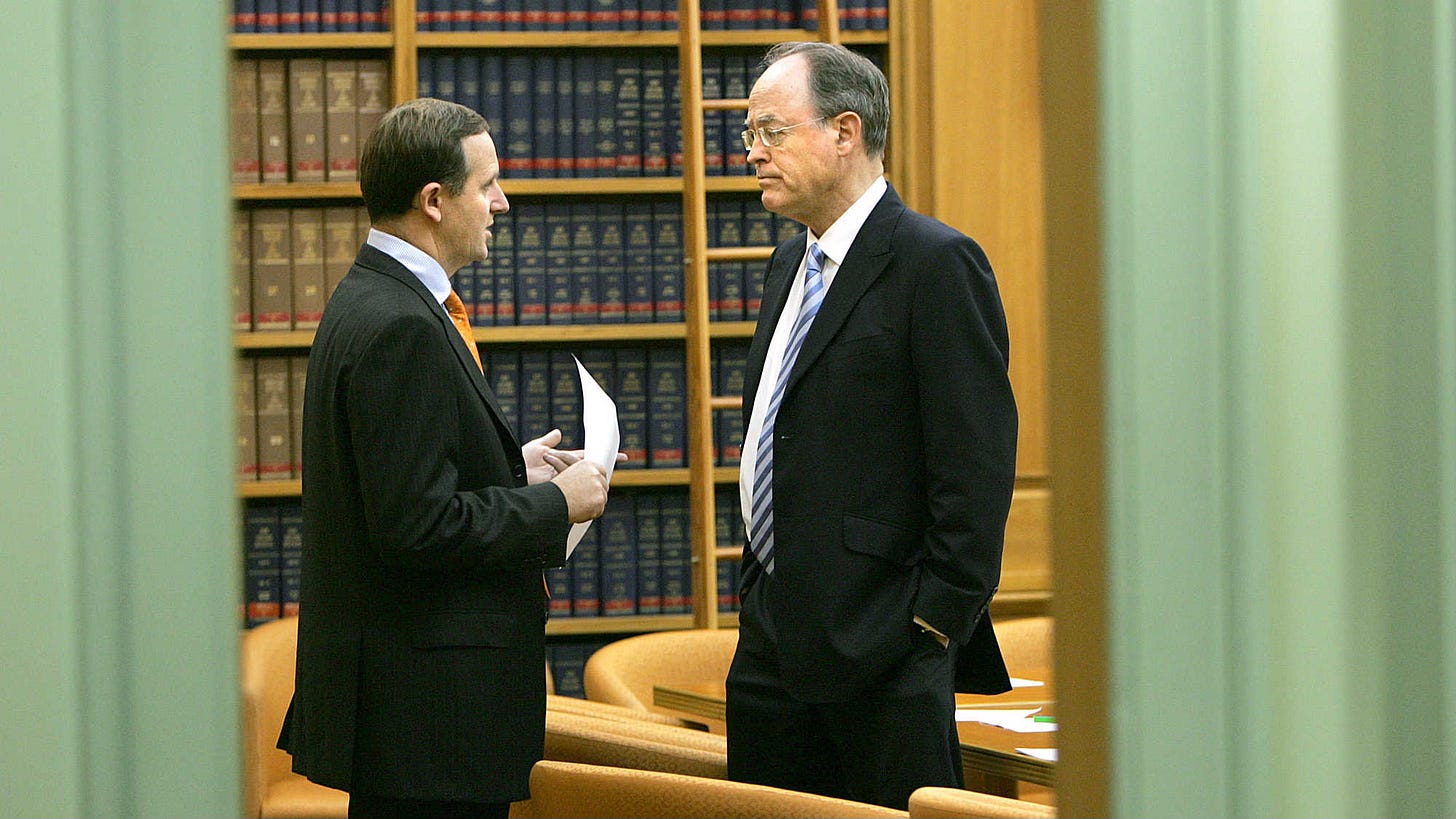Something to watch tonight: Wednesday 24 September
The Hollow Men (Barry, 2008)
As a small nation at the bottom of the world, it would be easy to think of New Zealand as having a benign political environment, characterised by fair play and the easy acceptance of democratic norms.
An author who has worked doggedly over decades to give the lie to that naive perspective is the activist/journalist Nicky Hager1. In 2006 he published The H…



